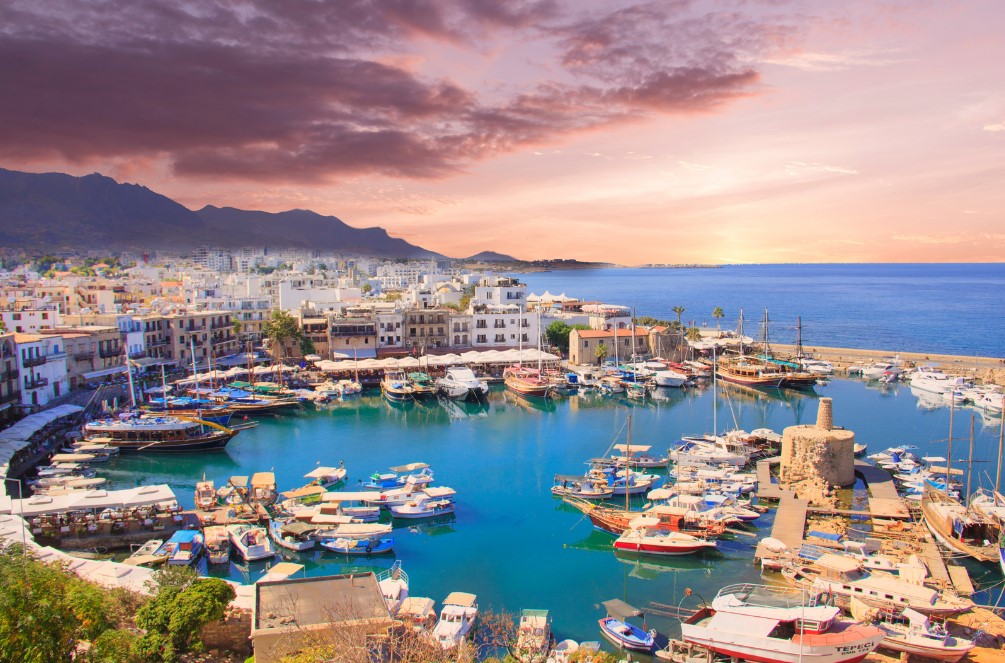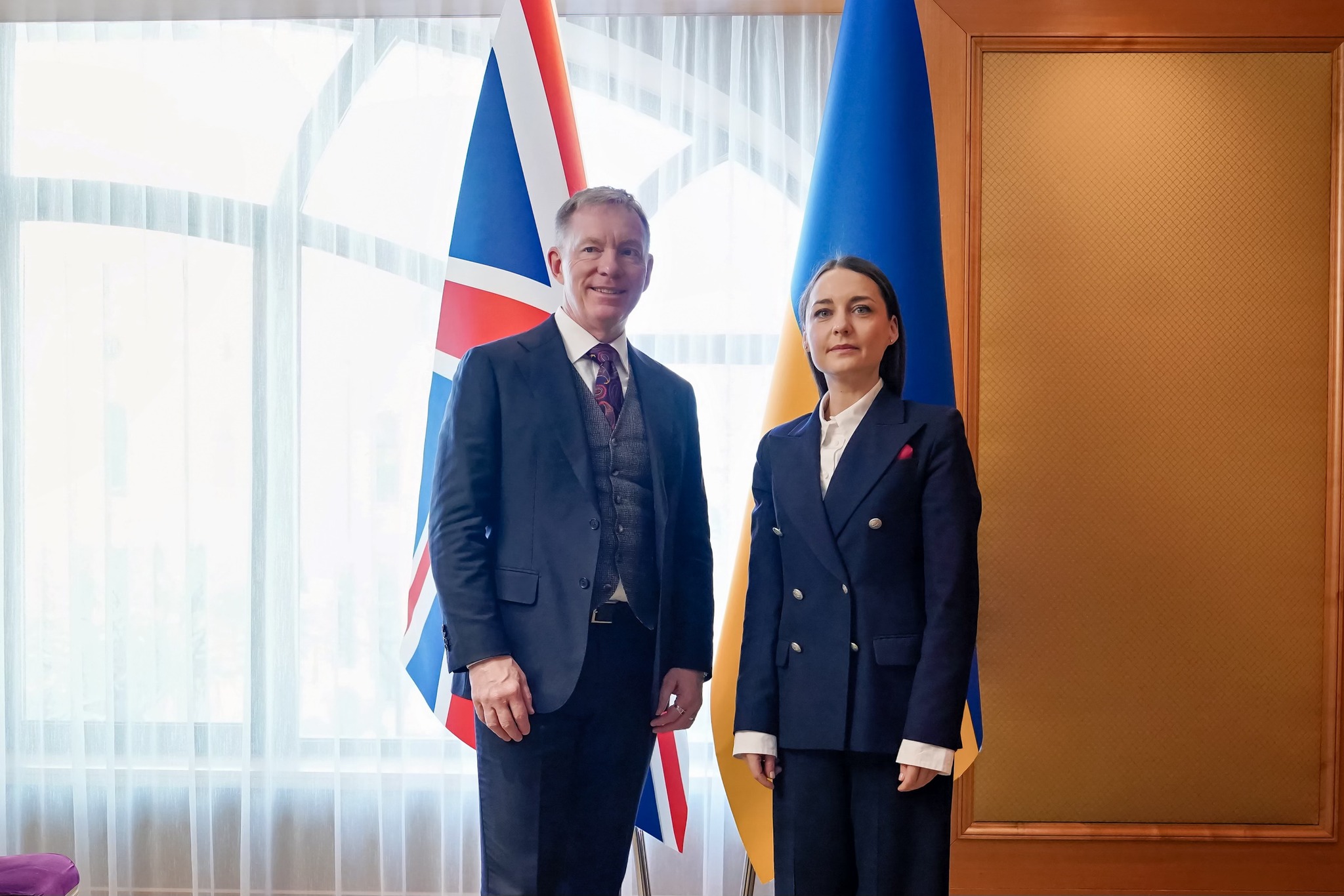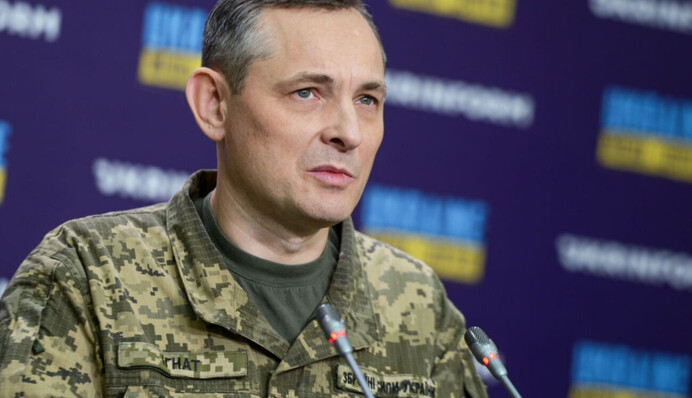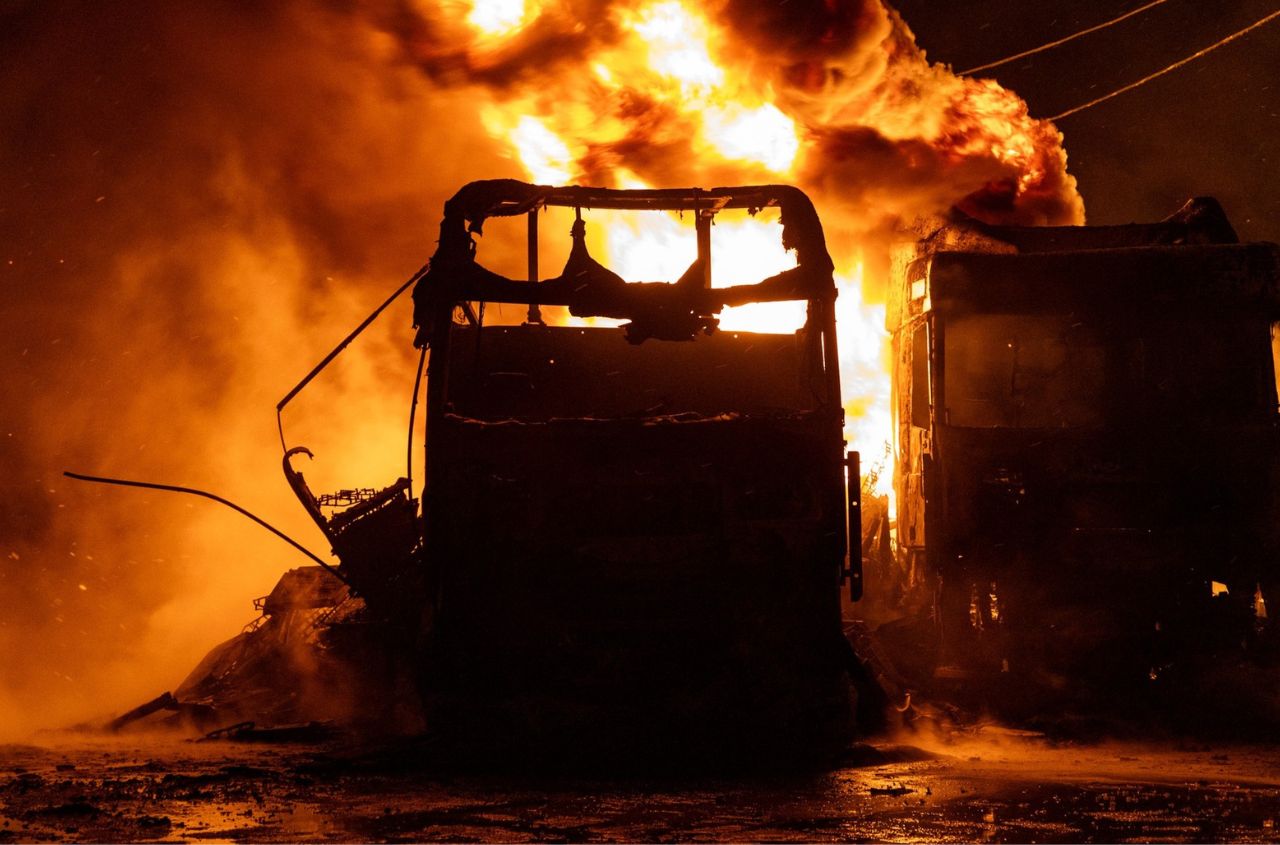The United Kingdom has offered assistance to Cyprus in the fight against the laundering of Russian money attempting to bypass international sanctions.
This was announced by British Prime Minister Keir Starmer at a press conference with Cypriot President Nikos Christodoulides on December 10. The information was provided by the British government press office.
Starmer emphasized that London is ready to support efforts to stop illegal financial flows that undermine efforts to isolate Russia. He noted that this would help "starve Putin's war machine" and protect global stability.
"Together with the Republic Cyprus, we are stemming the flow of illicit finance through Europe to starve Putin’s war machine and protect global stability."
As part of the cooperation between the two countries, Cyprus will establish a new national sanctions enforcement unit focused on preventing the laundering of Russian money. The unit will operate with the help of the UK, sharing expertise and intelligence with the relevant British authorities and Cyprus' Ministry of Finance.
Additionally, the specialists in the new unit will be granted the authority to investigate sanction evasion cases and track funds being moved across Europe.
The Republic of Cyprus has frozen £1.5 billion in Russian assets since Putin’s barbaric full-scale invasion of Ukraine, supporting the collective effort to choke Russia’s war machine.
President Christodoulides’ government also joined the UK-led Shadow Fleet initiative in July, to further support Ukraine and intercept ships undertaking illegal operations aimed at circumventing sanctions, evading compliance with safety or environmental regulations, and avoiding insurance costs.
46 countries and the EU have now signed up to the UK-led call to action against the Shadow fleet, announced by Prime Minister at the European Political Community summit in July.
The Prime Minister’s visit to the Commonwealth country this morning is the first bilateral visit to the Republic of Cyprus in more than 50 years – the last Prime Minister to visit bilaterally was Edward Heath in 1971. John Major then visited for the Commonwealth Heads of Government Meeting in 1993.





















